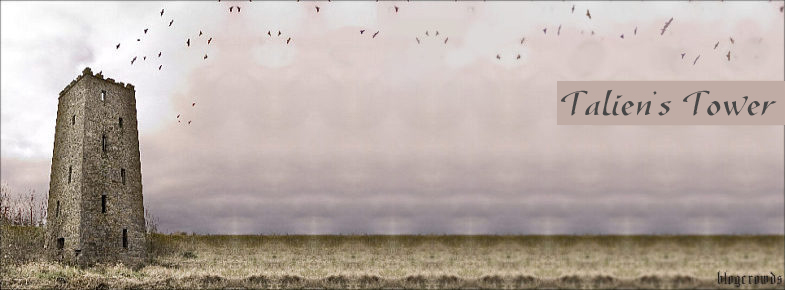Sunday, October 22
D&D and Poker: Not So Different
Check out this article: http://www.time.com/time/magazine/article/0,9171,1538649,00.htmlWhy the parental aiding and abetting? It's not just that poker in the home keeps kids off the unpredictable streets. Many parents are saying that their kids get real-life lessons from playing poker with one another. Keeping track of the odds and the cards can help sharpen math skills without the kids even knowing it. And perhaps more important for teenage boys, who studies show lag in the development of their emotional intelligence, poker provides personal interaction. The game's central task--reading faces and psyching out opponents--can boost their EQ in ways that many other typical teenage activities do not. "As long as the money doesn't get out of hand, I think it's positive," says Renee. "They're building friendships. And I think it's teaching them some skills too."
Many experts agree with her. In their classic 1944 book, Theory of Games and Economic Behavior, John von Neumann and Oskar Morgenstern built a mathematical model of economic and social organization--creating the foundations of modern game theory--by studying strategy games like poker. Poker is like life, the argument goes, a battlefield where the players constantly try to assess risks and guess one another's next moves. More recently, Anthony Cabot, a leading gaming-law attorney who represents online and casino operators, co-authored a paper for the Thomas M. Cooley Law Review linking poker to other games in history, like jousting, that have motivated young men to increase their combat skills. He wrote that even Islam, which prohibits gambling, has made exceptions for betting on horse races as a way to spur, as it were, youths to become better horsemen and warriors. Some educators leverage the game's current popularity to sneak in their lessons. Emory University math professor Ronald Gould, for example, teaches his freshmen students basic concepts of probability using five-card stud, or for more challenging computations, a seven-card game like Texas Hold 'Em.
Sound like any games we know?
Labels: gaming news
posted by Mike Tresca at
10:24 AM
![]()
![]()
Want more? Please consider contributing to my Patreon; Follow me on Facebook, Twitter, Google+, and the web; buy my books: The Evolution of Fantasy Role-Playing Games, The Well of Stars, and Awfully Familiar.


0 Comments:
Post a Comment
<< Home